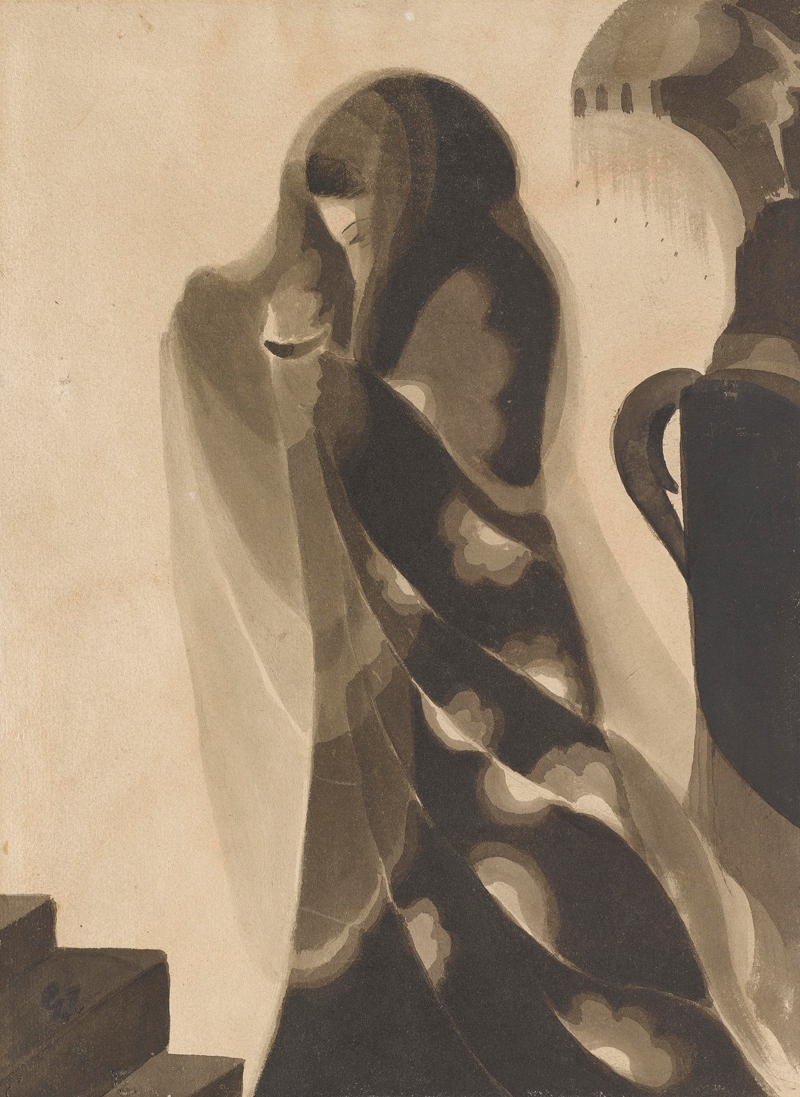
Image: [Public Domain] Google Arts & Culture
Female mysticism
I, WOMAN, am that wonder-breathing rose
That blossoms in the garden of the King.
In all the world there is no lovelier thing,
And the learned stars no secret can disclose
Deeper than mine—that almost no one knows.
The perfume of my petals in the spring
Is inspiration to all bards that sing
Of love, the spirit’s lyric unrepose.
Under my veil is hid the mystery
Of unaccomplished aeons, and my breath
The Master-Lover’s life replenisheth.
The mortal garment that is worn by me
The loom of Time renews continually;
And when I die—the universe knows death.
—Elsa Barker, “The Mystic Rose”
IN THIS MONTH’S feature post, The Culturium honours the work of Culture Unplugged, an online platform dedicated to spreading awareness about the nature of the individual being, the current evolutionary stage of humanity and the state of the environment, as well as investigating the most important theme of all—Consciousness.
Through the art of filmmaking and visual creativity, Culture Unplugged’s latest initiative is aimed at exploring the “Global Feminine”:
In the current age of misidentified ‘masculine’ and difficulties in discovering the authentic ‘feminine’, a global platform with a gaze over our contemplations and activations is an imperative need of our time. Behind the frightening face of our current world lurks the peaceful and creative smile of the Divine Mother! Shall we discover and unveil it for our beloved humanity? In camaraderie, let’s become the perfect contributors to the integral vision of ‘that’ coveted future—the future of Life on Mother Earth! Whether you possess the will or wish towards this mission, shall we simply gather at this festival to sing in unison and become the global heart of the ‘Grand Feminine’?
—Culture Unplugged
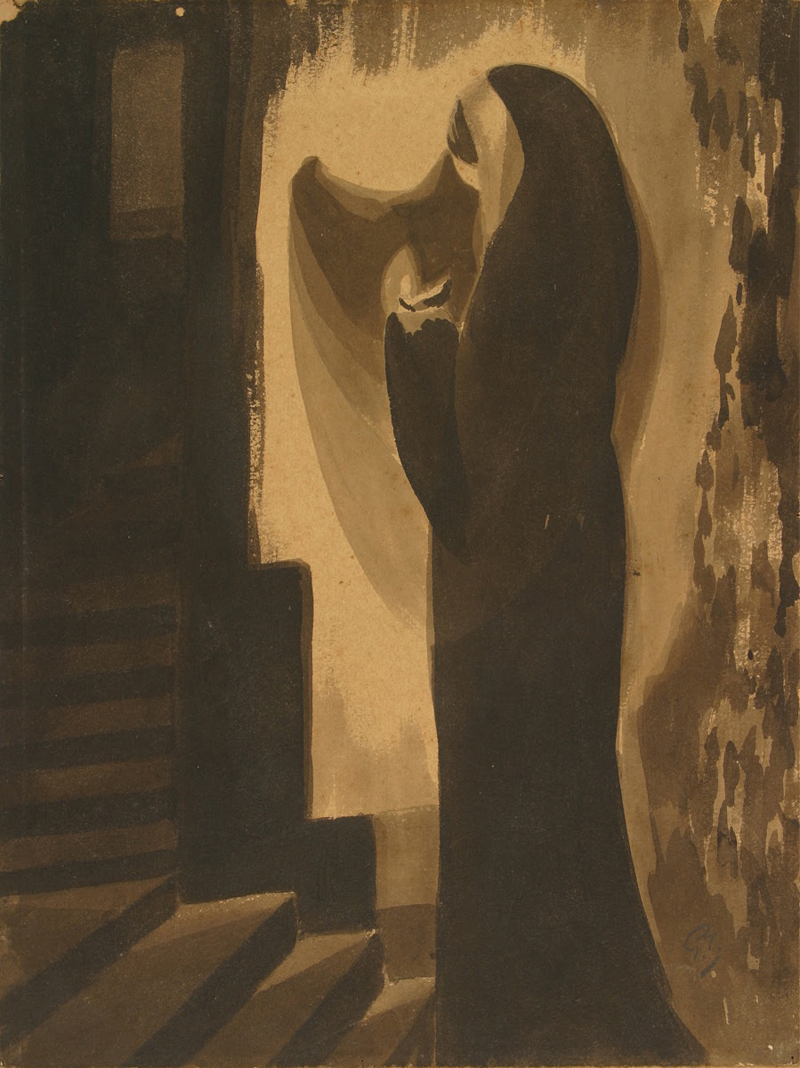
Image: [Public Domain] Google Arts & Culture
Indeed, the advent of digital publishing has greatly assisted in bringing to light the accomplishments of many of our forgotten female counterparts, as well as mythological deities, giving them the true recognition they finally deserve.
Texts expounding feminal wisdom, photography of sacred female artefacts, films reflecting women’s rights—all are now freely distributed over the internet, giving access to expressions of the Grand Feminine manifesting throughout the annals of history more than ever before.
Continuing in the same vein, I would like to relate the words of a selection of obscure women from the past, who are generally known only to archaeologists and literary scholars, starting with the woman who was the first named author in the history of the world. Enheduanna (2285–2250 BCE), high priestess of the temple at Ur in Sumer, wrote nearly fifty hymns in praise of the goddess of the moon, pinnacling in her glorious “Exaltation to Inanna”:
mistress of the scheme of order
great Queen of queens
babe of a holy womb
greater than the mother who bore you
You all knowing
You wise vision
Lady of all lands
life-giver for the many
faithful Goddess
worthy of powers
to sing your praise is exaltedYou of the bountiful heart
You of the radiant heart
I will sing of your cosmic powerstruly for your gain
you drew me toward
my holy quarters
I
The High Priestess
I
Enheduanna
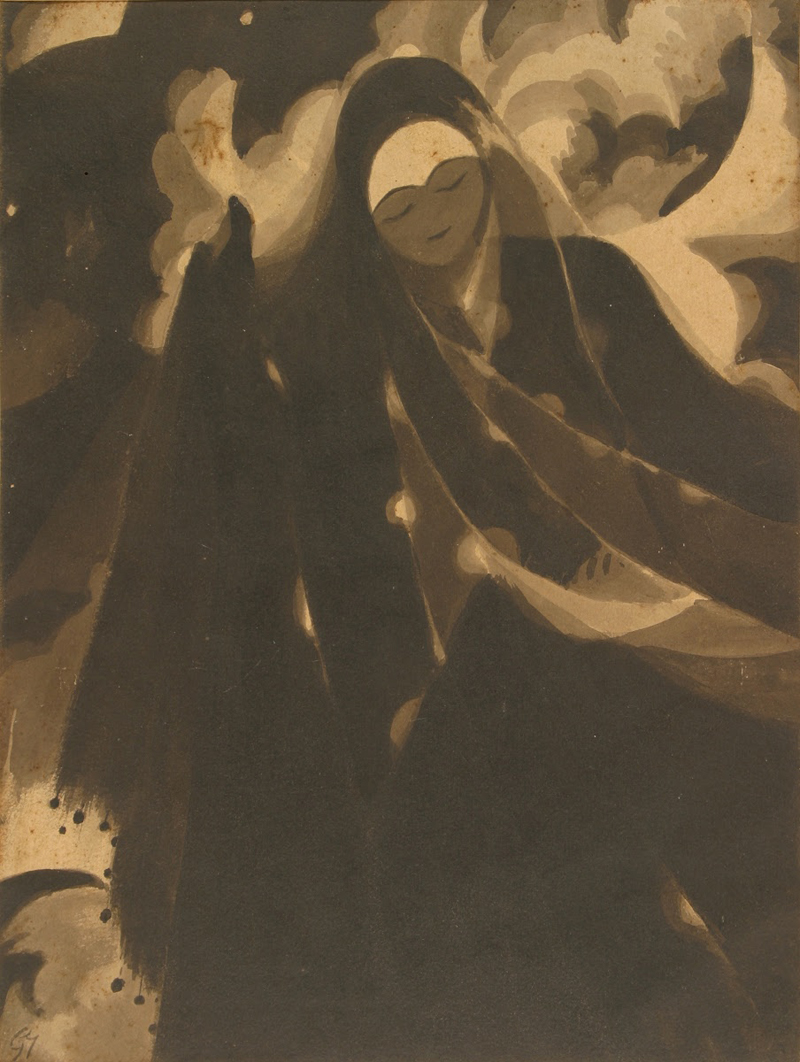
Image: [Public Domain] Google Arts & Culture
I am the queen, the bestower of riches,
I was the first to know among the holy ones;
Me, the gods put in many places,
Making me enter and dwell abundantly.By me, whoever eats food, and whoever sees,
Whoever breathes, and whoever hears what is said,
They dwell in me, though they know it not;
Listen, O wise, to thee I say what is true.
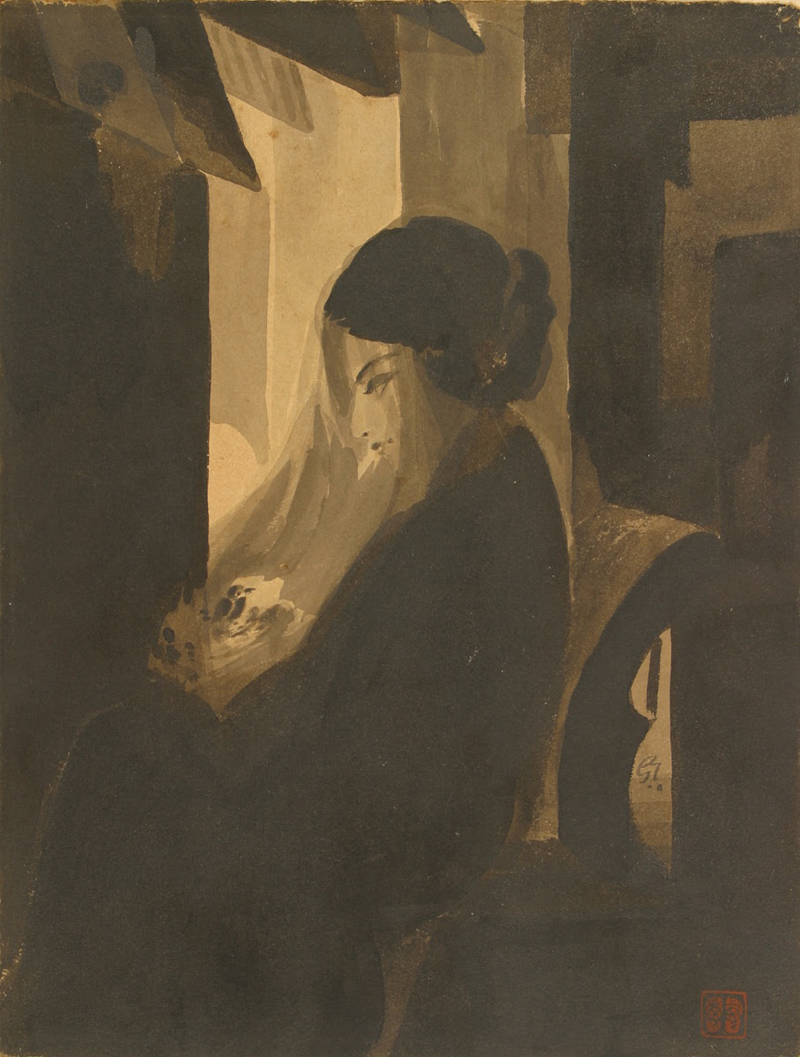
Image: [Public Domain] Google Arts & Culture
Attachment to matter
gives rise to passion against nature.
Thus trouble arises in the whole body;
this is why I tell you:
‘Be in harmony …’
If you are out of balance,
take inspiration from manifestation
of your true nature.Be vigilant, and allow no one to mislead you
by saying:
‘Here it is!’ or
‘There it is!’
For it is within you
that the Son of Man dwells.
Go to him,
for those who seek him, find him.
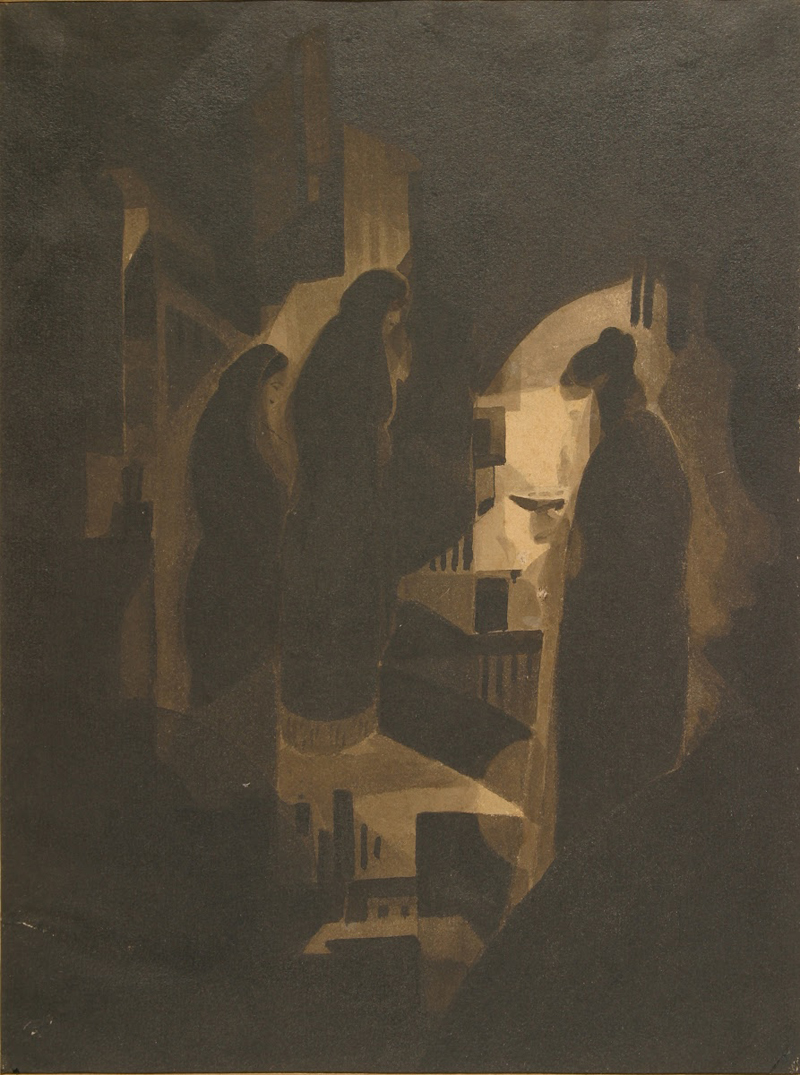
Image: [Public Domain] Google Arts & Culture
O God,
Another Night is passing away,
Another Day is rising—
Tell me that I have spent the Night well so I can be at peace,
Or that I have wasted it, so I can mourn for what is lost.
I swear that ever since the first day You brought me back to life,
The day You became my Friend,
I have not slept—
And even if You drive me from your door,
I swear again that we will never be separated—
Because You are alive in my heart.
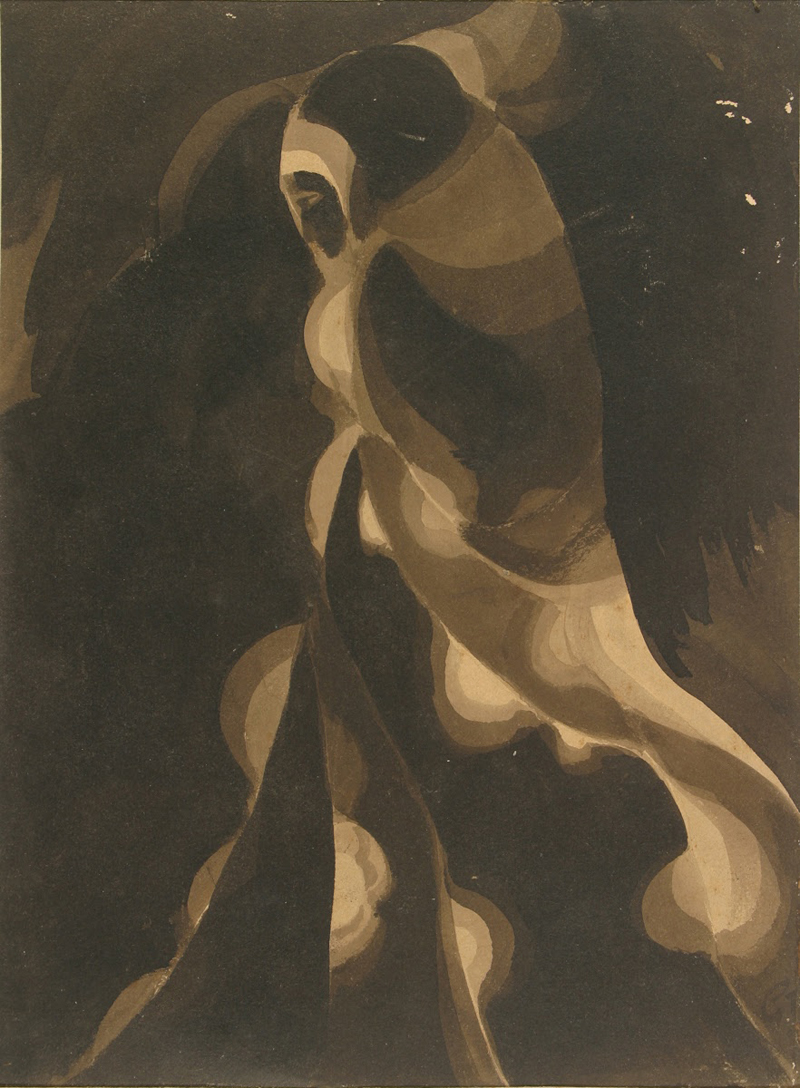
Image: [Public Domain] Google Arts & Culture
For further details on Culture Unplugged’s festival programme, visit their website for the latest information.
Divine Feminine? How do we see it? Divine Feminine is the most intense force which is relentlessly at work; integrally present in all details, all aspects, all moments, with perfect discrimination and proportion; equally poised in light or dark as the eternal, lasting love. When perceived, it is the grand subjective reality, that is infusing, creating, fermenting, designing and transforming the objective reality, at micro as well as macro planes of life.
—Culture Unplugged
Post Notes
- culture unplugged: Global Feminine
- Ana Ramana: Hymns to the Beloved
- Virginia Woolf: A Room of One’s Own
- Emily Dickinson: A Woman Before Her Time
- Mahapajapati Gotami: Mother of All
- Kathleen Raine: The Land Unknown
- Julian of Norwich: Revelations of Divine Love
- Gospel of Mary Magdalene
- Sappho: The Tenth Muse
